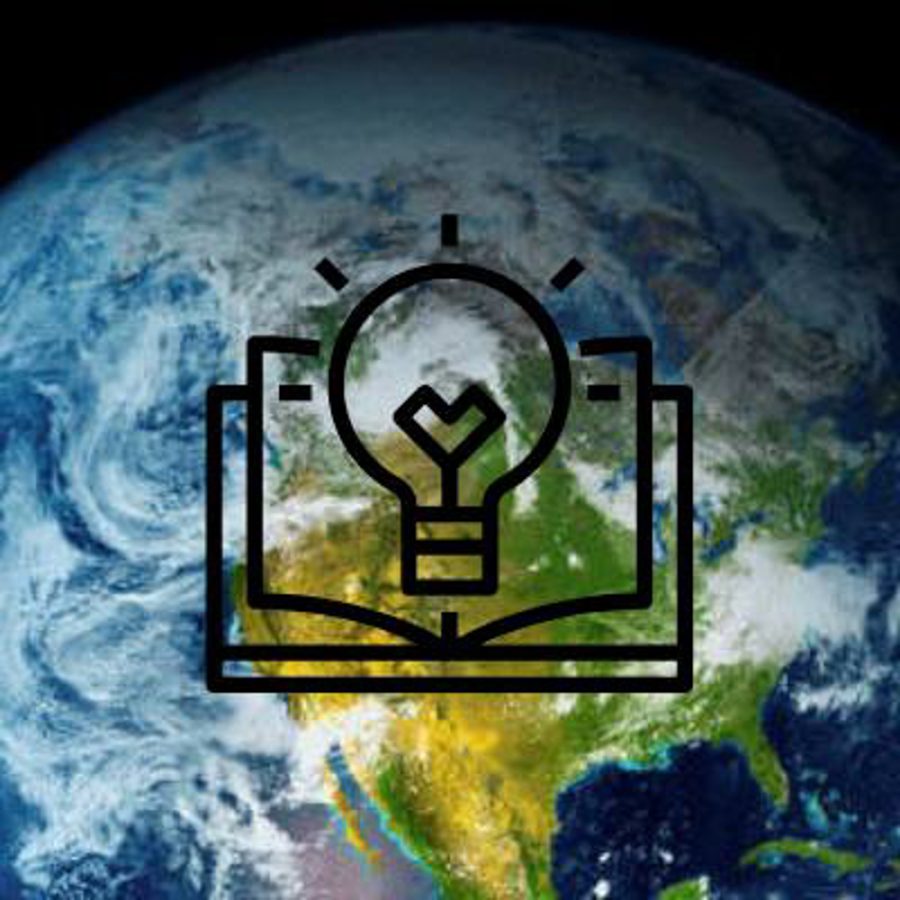GV hosts annual climate summit
Nov 8, 2021
Climate change has become a hot-topic issue over the last decade. A group of Grand Valley State University faculty, students and staff, along with teachers from West Michigan schools, hosted a climate summit of their own virtual summit at GVSU Nov. 3-5.
The Climate Change Education Solutions (CCES) Network launched in May 2018. The CCES Network’s coal is to host an annual interdisciplinary Climate Change Education Solutions Summit on climate change education to strengthen dialogue and collaboration among the higher education and K-12 faculty.
This week in Glasgow, politicians gathered for the 26th Conference of Parties (COP26) Summit, which continues through Nov. 12. It was at this conference at which the Paris Agreement was signed in 2015 which limited the amount of greenhouse gases each country can emit each year. As Elena Lioubimtseva, Climate Change Education Solutions Summit coordinator pointed out, GVSU’s Climate Change Education Solutions Summit is coming at the perfect time.
“(The summit will) call for collaborative climate action, highlight the urgency of climate-related policies, demonstrate the connection between local action and global change (and) call on Michigan universities and communities to step up for climate action and climate justice,” Lioubimtseva said.
One of the issues discussed at the summit was vulnerability and justice, in terms of climate change.
“Urban poor, people of color, immigrants, and other marginalized populations are disproportionately affected by impacts of climate change and extreme events, such as heatwaves, floods and vector-and water-borne infections,” said Lioubimtseva.
Lioubinsteva said that communities tend to perceive climate change as distant and personally irrelevant. One of the goals of the summit is to provide resources for K-12 educators, as the integration of this information is complex and generally neglected by school systems due to its political nature. As a result of the lack of proper education on the subject, many marginalized communities have a general misconception of the consequences of climate change.
Due to this information gap, traditionally marginalized communities become more vulnerable to big corporations, explained Lioubinsteva. These information gaps are often exploited by big corporations, as they continue to make unsustainable choices about land use and climate. These concepts following vulnerability and justice in climate change were a common thread throughout the three days of presentations at the summit.
“(It requires) courage to communicate clearly to our decision-makers at all levels that we need very significant changes to achieve carbon neutrality and keep global warming under 1.5 degrees Celcius, (alongside) global solidarity, empathy and understanding that mitigating,” Lioubimtseva said. “Climate change requires everyone’s effort.”
Students and faculty who attended were able to walk away with an understanding of the urgency of the climate change crisis and perhaps a fueled passion for limiting vulnerability in their communities regarding climate change.






















